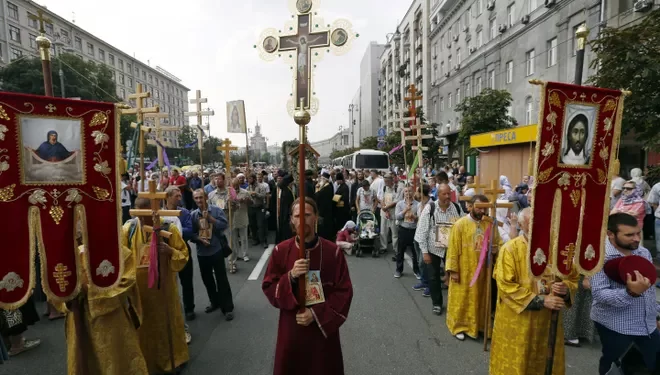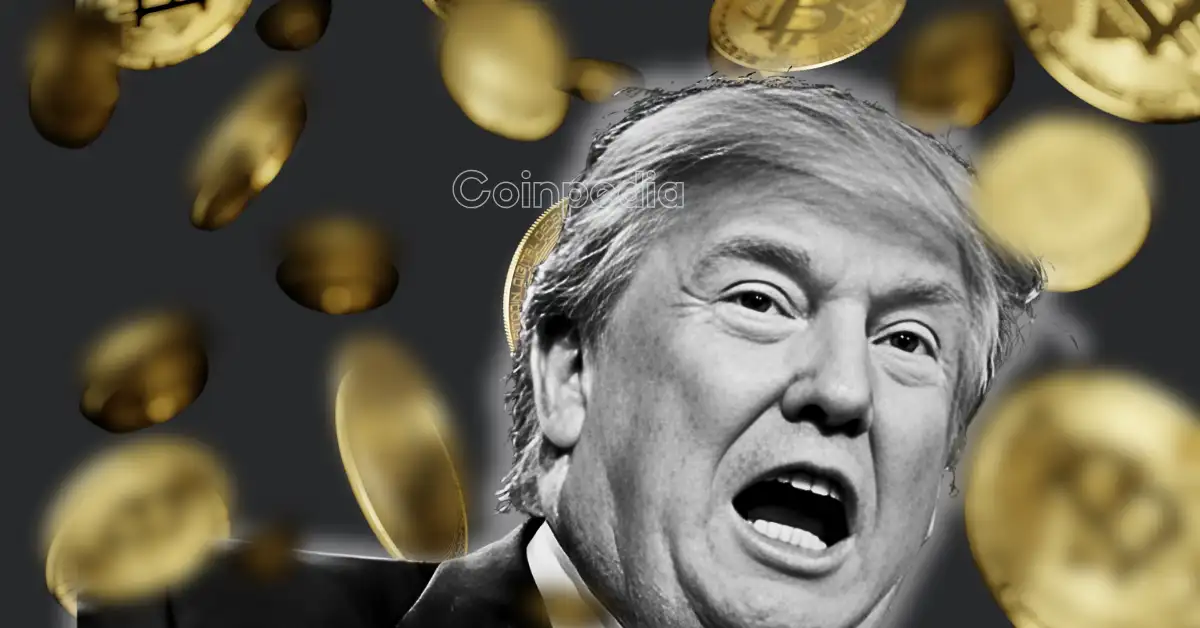Vladimir Putin has often portrayed himself as a defender of Christian values and religious freedom, particularly for Orthodox Christians, both within Russia and abroad. This narrative has been part of his broader political strategy to consolidate power, promote Russian nationalism, and position Russia as a global leader in defending traditional values. Below, I’ll explain how Putin has framed his actions as protecting Christians and the context behind these claims.
Putin’s Rhetoric on Protecting Christians
- Domestic Policy:
- Putin has aligned himself closely with the Russian Orthodox Church (ROC), which has a significant influence on Russian society.
- He has supported the construction and restoration of Orthodox churches and promoted Orthodox Christianity as a cornerstone of Russian identity.
- Under Putin, the ROC has enjoyed a privileged position in Russian society, often receiving state support and endorsements.
- International Claims:
- Putin has framed Russia as a protector of Christians worldwide, particularly in regions where Christians face persecution or conflict.
- For example, he has cited Russia’s military intervention in Syria as a mission to protect Christians and other religious minorities from extremist groups like ISIS.
- Criticism of the West:
- Putin has criticized Western countries for what he perceives as the erosion of Christian values, such as secularism, LGBTQ+ rights, and declining religious influence.
- He has positioned Russia as a defender of traditional Christian values against what he calls the “decadence” of the West.
Actions Taken by Putin to “Protect Christians”
- Military Intervention in Syria:
- Russia’s involvement in the Syrian civil war (beginning in 2015) was framed, in part, as a mission to protect Christians and other minorities from Islamist extremists.
- While Russia’s primary goal was to support the Assad regime, its presence did provide some security for Christian communities in Syria.
- Support for Orthodox Churches Abroad:
- Putin has supported the Russian Orthodox Church’s efforts to expand its influence abroad, particularly in countries with significant Orthodox populations, such as Ukraine and Georgia.
- This has sometimes led to tensions with other Christian denominations and local governments.
- Promotion of Traditional Values:
- Putin has enacted laws and policies that align with conservative Christian values, such as restrictions on LGBTQ+ rights and the promotion of “traditional family values.”
- These measures have been praised by some Christian groups within Russia and abroad.
Criticism and Controversy
- Instrumentalization of Religion:
- Critics argue that Putin’s support for Christianity is primarily a political tool to strengthen his regime and promote Russian nationalism.
- The close relationship between the Kremlin and the Russian Orthodox Church has raised concerns about the separation of church and state.
- Persecution of Religious Minorities:
- While Putin has championed Orthodox Christianity, other religious groups in Russia, such as Jehovah’s Witnesses and some Protestant denominations, have faced persecution and restrictions.
- Critics argue that Putin’s policies do not genuinely protect religious freedom but instead favor the Russian Orthodox Church.
- Geopolitical Motivations:
- Putin’s actions, such as the intervention in Syria, are often seen as driven by geopolitical interests rather than a genuine commitment to protecting Christians.
- For example, Russia’s support for the Assad regime in Syria has been criticized for contributing to the suffering of civilians, including Christians.
Conclusion
While Putin has positioned himself as a defender of Christians, particularly Orthodox Christians, his actions are often intertwined with political and geopolitical goals. His support for Christianity has been praised by some but criticized by others as opportunistic and selective. The extent to which Putin has genuinely protected Christians remains a subject of debate, with many arguing that his policies serve broader strategic interests rather than purely religious or humanitarian goals.
Let me know if you’d like further clarification or additional details!















